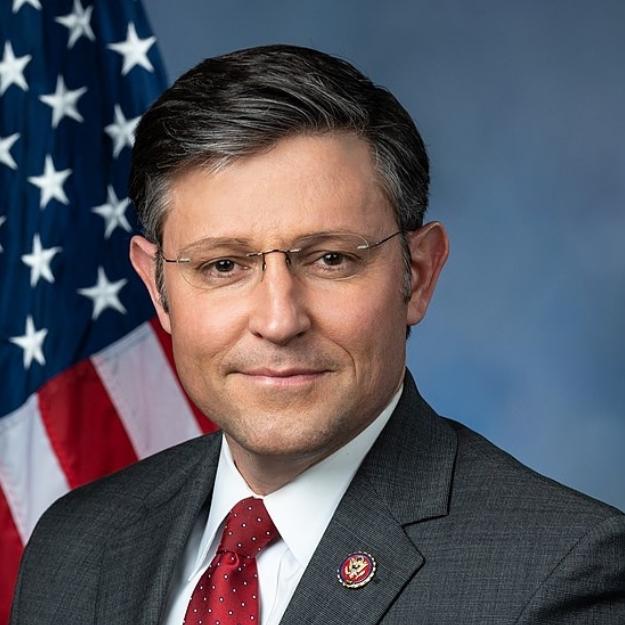
House Intelligence Committee Overhauled: Johnson Removes Republican Chair
Committee Shakeup Sparks Political Controversy
In a significant move that has sent shockwaves through Washington, the House Intelligence Committee has undergone a major overhaul, with Chairman Adam Schiff being replaced by Republican Representative Mike Turner. This shakeup has sparked intense political debate, with both Democrats and Republicans expressing strong reactions to the decision made by Speaker Nancy Pelosi.
Democrats Decry Partisan Attack
Democrats have fiercely condemned the move, labeling it a partisan attack by the Republican-controlled House. They argue that Schiff was an effective leader who pursued credible investigations into Russian interference in the 2016 election and other pressing national security matters. House Speaker Pelosi accused the Republicans of “undermining our democracy” and prioritizing politics over the national interest.
Republicans Defend Change
Republicans, on the other hand, have defended the change as necessary to restore balance and objectivity to the committee. They have criticized Schiff for allegedly abusing his power and politicizing the committee’s investigations. Representative Turner, the new chairman, pledged to “conduct thorough and impartial investigations” and work in a bipartisan manner.
Expert Perspectives
Experts in national security and congressional oversight have weighed in on the controversy, offering diverse perspectives. Some argue that the committee’s overhaul could potentially disrupt ongoing investigations and undermine public trust in the intelligence community. Others believe that it is a necessary step to address perceived biases and restore the committee’s credibility.
Consequences for National Security
The long-term consequences of the committee’s overhaul remain uncertain. Some analysts believe that it could lead to partisan gridlock and diminished oversight of the intelligence community. Others suggest that it could provide an opportunity for the committee to regain public trust and focus on its core mission.
Impact on Intelligence Oversight
The House Intelligence Committee plays a critical role in overseeing the nation’s intelligence agencies. It conducts hearings, reviews classified information, and makes recommendations to the President and Congress. The committee’s ability to effectively fulfill its oversight responsibilities may be affected by the recent shakeup.
Historical Precedent
The removal of a committee chair is not unprecedented in Congress. In 2015, Speaker John Boehner removed Representative Elijah Cummings as chairman of the House Oversight Committee. However, the circumstances surrounding the current situation are unique, as the committee’s mandate is directly related to national security.
Conclusion
The overhaul of the House Intelligence Committee has ignited a significant political storm. Democrats have accused the Republicans of partisan maneuvering, while Republicans have defended the move as a necessary corrective action. The full implications of this shakeup remain to be seen, but it has undoubtedly cast a shadow over the committee’s ability to effectively conduct oversight of the intelligence community.
The broader implications of this situation extend beyond the immediate political debate. It raises questions about the role of partisanship in congressional oversight, the importance of transparency and accountability in national security matters, and the delicate balance between protecting national interests and preserving the integrity of our democratic institutions.











